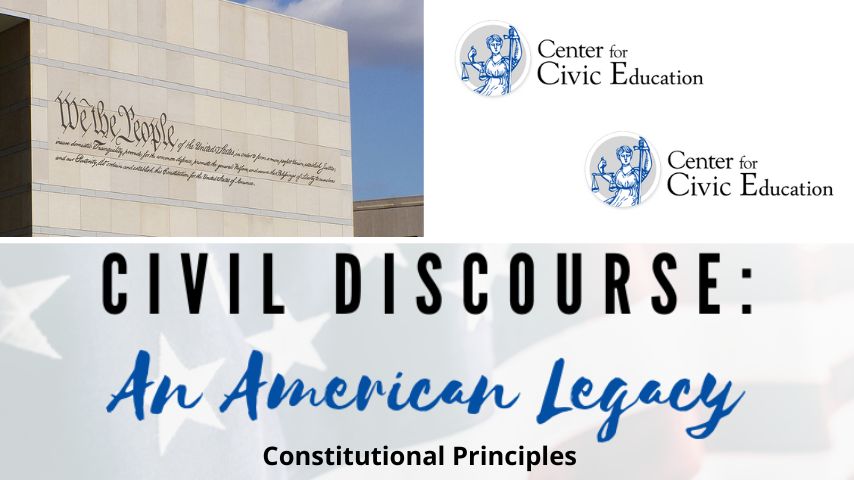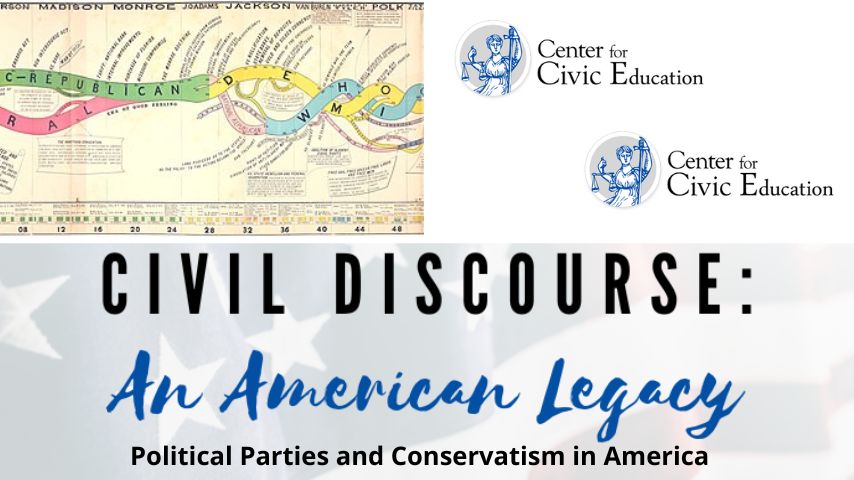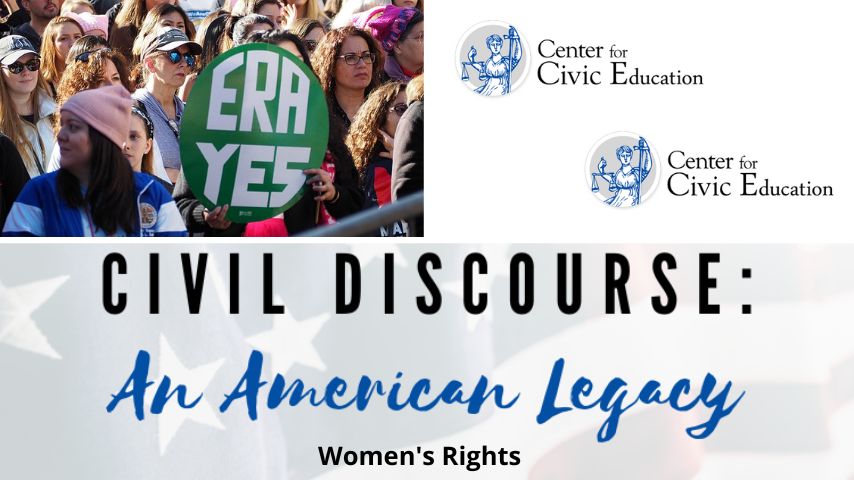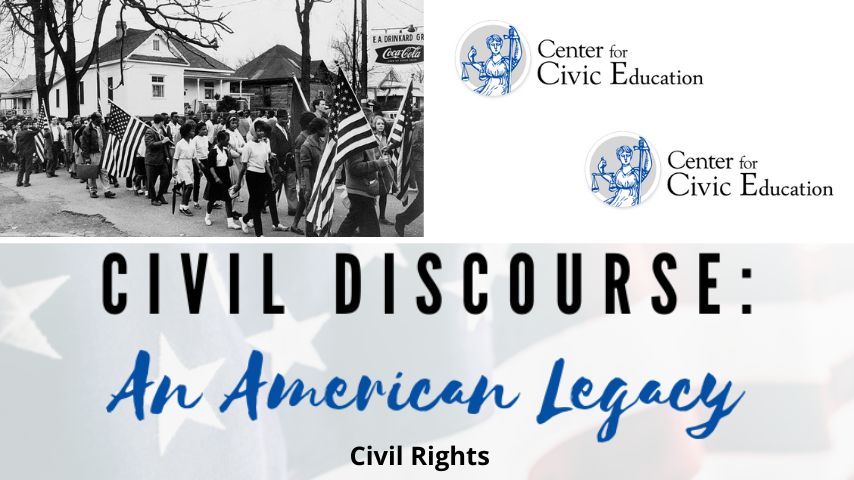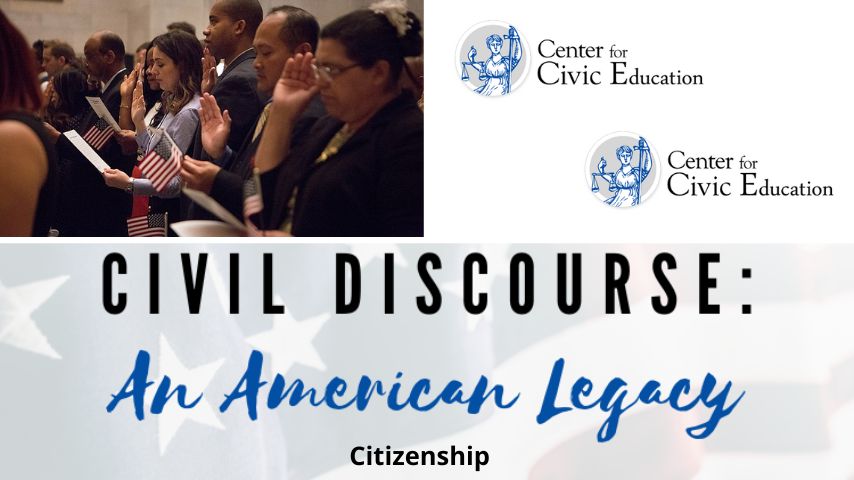Civil Discourse: An American Legacy Toolkit
To elevate and normalize best practices of civil dialogue – rooted in the practice of the framers of the U.S. Constitution – the Center for Civic Education, with funding from Annenberg Public Policy Center* and in partnership with Anne Arundel Community College (AACC) in Maryland, has created Civil Discourse: An American Legacy Toolkit, containing short podcasts, excerpts from key historical documents, discussion questions, and a dialogue model guide with recorded demonstrations.
This toolkit promotes the use of civil dialogue in lifelong, adult learners by expanding upon our extensive digital resources and expertise in online education. Programs on and tools for civil discourse enable participants to face challenging conversations, welcome divergent viewpoints, and encourage solutions that take diversity of stakeholders into account. Through integration of primary source documents, this toolkit also deepens participants’ knowledge and understanding of U.S. history and democracy.
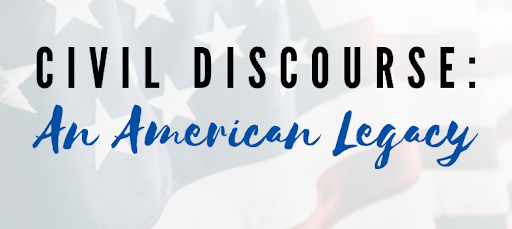
American Constitutional Principles Module
Political Parties and Conservatism in American History Module
Women’s Rights Module

